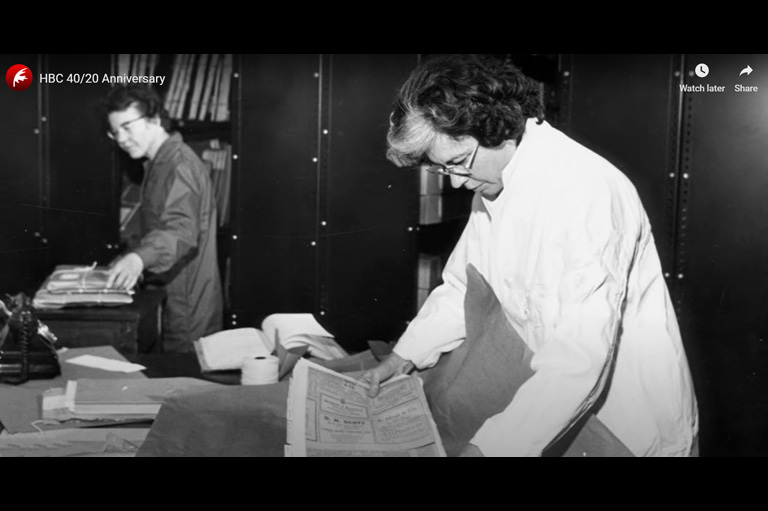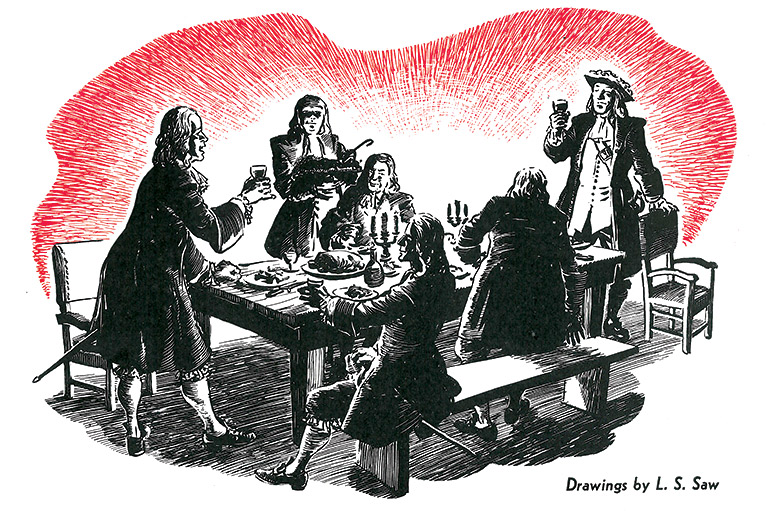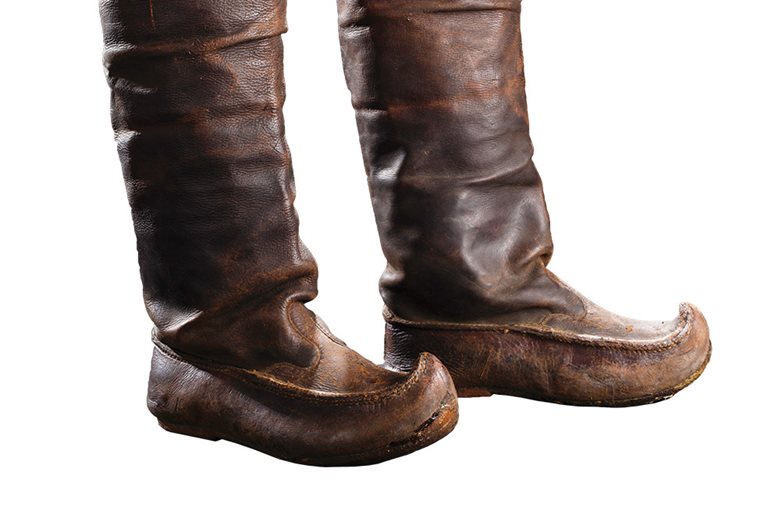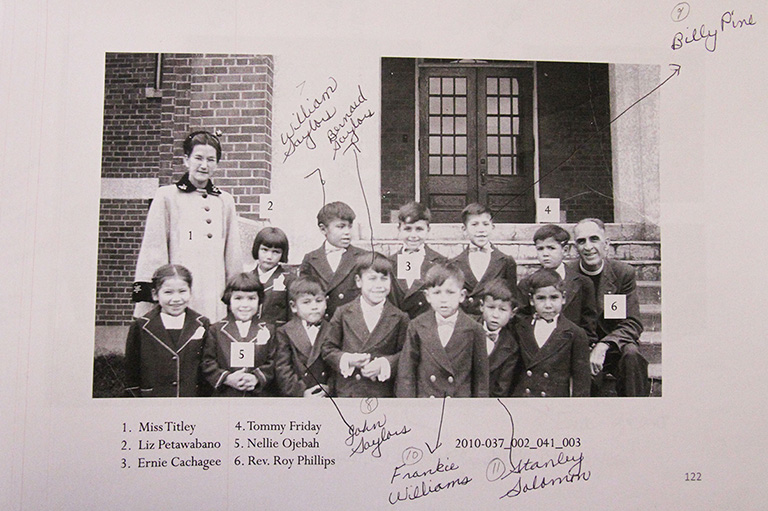Who was Brian Vallée?

Even if you love Canadian history or Canadian literature there’s a good chance you’ve never heard of Brian Vallée (1940–2011). Born in Sault Ste. Marie, Ontario, Vallée was an award winning author, journalist, film producer, and screenwriter. He spent many years working at CBC as a director and producer for the well-known television show The Fifth Estate. Vallée was also a vocal advocate dedicated to raising awareness of domestic violence.

In 2010, Vallée began the process of donating his literary archival fonds to Algoma University. Between 2010 and 2012 archives staff arranged and described Vallée’s records and made them accessible to the general public. Vallée’s fonds is comprised of research notes, correspondence, working drafts, print copies, media clippings, and other material. This material — all linked to his writing process — also captures local and Canadian history. His records provide insight into societal views about domestic violence, the changing Canadian legal system, and the status of women in Canada.
In 2016, the author marked the 30th anniversary of his first nonfiction book, Life with Billy, which focused on the life of Jane Hurshman, an abused wife who took the law into her own hands. Hurshman’s legal case led to Battered Wife Syndrome becoming a legitimate legal defense in Canadian courts.
To mark the anniversary of this publication, the Engracia De Jesus Matias Archives and Special Collections located at Algoma has been working to raise awareness about Vallee’s work and the existence of his literary archives. This outreach took a number of forms, including the creation of physical and digital exhibits, promotion of his collection during Archives Awareness Week in Ontario, digitization of select items in the fonds, and other digital outreach initiatives.
Despite Vallée’s posthumous induction into the Sault Ste. Marie Walk of Fame in 2012, there was a lack of unified community memory of Vallée and very little information about his work was available online. In an attempt to change this, archives staff invited community members to view an exhibit highlighting gems from Vallée’s archives, wrote press releases and blog posts, created a Wikipedia entry for Vallée, and used social media to show the many facets of his work. By promoting Vallée’s archival fonds, staff were able to start conversations about the importance of archival memory, the history of domestic violence and legal precedents in Canada.
This experience, working to engage the public with an author’s archival legacy, highlights the outreach possibilities that exist within an archives. Archival collections relating to Canada’s authors have the potential to be records of culture, provide insight into creative practices, while simultaneously documenting Canadian society. In the case of Vallée’s archives they document his creative practice but they also illuminate larger nationwide discussions about family violence. Archives have the power to tell dynamic and engaging stories and serve as a window into both personal memory and society. However, exposing those stories often requires outreach work from archivists, historians, and community researchers.
Themes associated with this article
Advertisement




